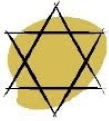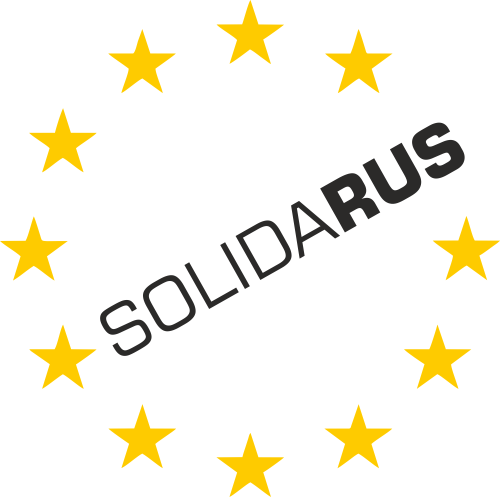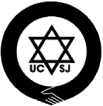The Kremlin’s Political Prisoners: The Case of Roman Udot
Roman Udot, a board member of the independent election monitor Golos, has been charged with committing an offence under Article 119 (Section 1) of the Russian Criminal Code (‘Threat of murder or serious harm to health,’ punishable by up to two years’ deprivation of liberty) on account of a conflict with NTV staff pursuing him at Sheremetyevo airport on 20 March 2018. Udot was arrested on 20 May 2019 and on 23 May 2019 was placed under house arrest after he attended questioning of his own volition, having returned to Russia from a long business trip abroad.
According to investigators, ‘on 20 March 2018 at approximately 19:00 at the Aeroexpress train terminal at Sheremetevo airport, citizen Roman Nikolaevich Udot, […] in the course of an altercation with NTV journalists Aleksandra Andreevna Miroshnichenko and Eduard Nikolaevich Zhuralvev that arose because of their poor personal relations related to the journalists’ professional activities, in the presence of bystanders began to threaten them with murder and physical harm, using phrases such as ‘I’ll kill you, I’ll certainly kill you,’ threats that A. A. Miroshnichenko and E. N. Zhuravlev took to be real since they had grounds to fear the threat would be carried out.’
Memorial has reviewed the materials of the criminal case and has concluded that Roman Udot was unlawfully deprived of his liberty and is wholly innocent of the charges.
The article of the Russian Criminal Code under which Roman Udot has been charged is not classified as a serious offence, and on such a charge a person with no previous conviction cannot be sentenced to deprivation of liberty. In accordance with Articles 107, 108 of the Russian Criminal Code, pre-trial measures of restraint in the form of house arrest can be imposed on persons charged or suspected of such acts only in exceptional circumstances, namely, where the identity of the person has not been established, the person has no permanent residence in Russia, or the person has violated previous forms of pre-trial restraint or has hidden from the investigatory bodies, police investigators or the courts. However, the charges against Udot, who of his own volition went to the police for questioning on his return to Russia and requested that the criminal case opened against him for allegedly hiding from the investigative authorities be reopened, are absurd and contradict all known facts. The imposition of house arrest is therefore a crude violation of the Russian Criminal Code and has no basis or justification.
Furthermore, there is no evidence of an offence in Udot’s actions. It is evident that the NTV journalists did not «consider [Udot’s emotional exclamations] real since they had grounds to fear the threat would be carried out,’ since they were pronounced in a place that was well protected and where there were many people. Moreover, there were two NTV correspondents and, evidently, they were not intimidated by Udot’s threats since they continued to pursue him. Udot did not use physical force, did not threaten the ‘victims’ with any weapon or objects used as a weapon, and his biography and public position do not allow him to be seriously considered someone capable of committing a crime of that nature.
A situation of that kind, in which journalists from a propaganda media organisation harass and hound civil society activists with impunity, is itself totally impermissible. Roman Udot and his ex-wife have been subject for several years to harassment by NTV ‘journalists’ that was either instigated or, at the least, sanctioned by the security services. The incident itself on 20 March 2018 happened at Sheremetyevo airport before Udot was to fly out, itself evidence that information about his movements and planned travel arrangements was illegally passed to NTV journalists. According to Meduza, the NTV journalist and ‘victim,’ Miroshnichenko, has been involved in a number of instances of harassment of activists and failure to observe minimal professional standards.
In Memorial view, the political motivation for the harassment of Roman Udot is the authorities’ desire, on the eve of this year’s regional and local elections, to hinder the work of one of the largest election observation organisations in Russia, an organisation in which Udot has been an active participant. Golos has for many years been subjected to ceaseless intimidation, including criminal prosecutions of members of the movement, the designation of the organisation as a ‘foreign agent,’ and the publication of numerous ‘news’ items smearing the movement and its supporters.
On the basis of the points listed above, we demand the immediate release of Roman Udot from house arrest and the impartial consideration of the charges brought against him by a court of law.













